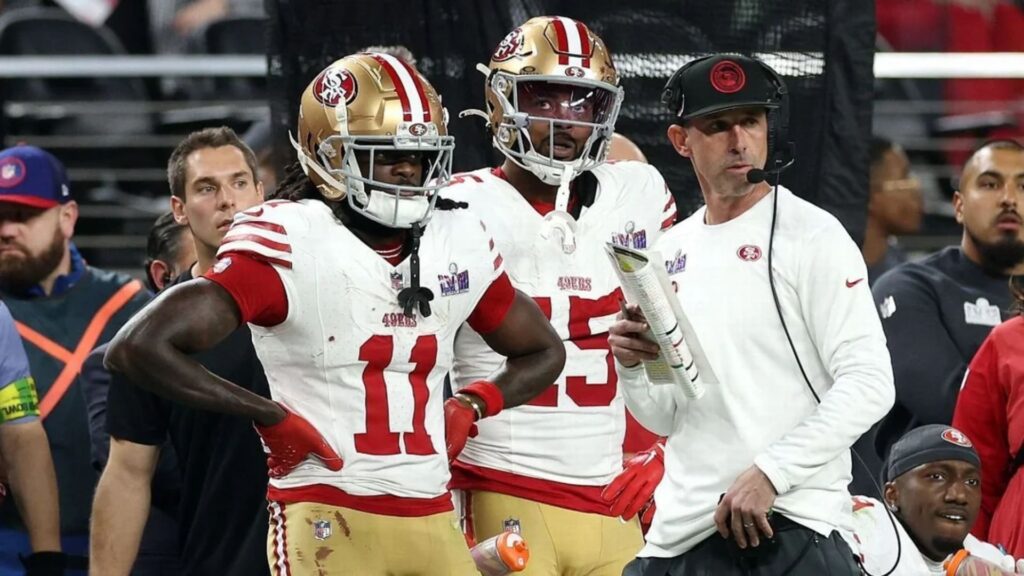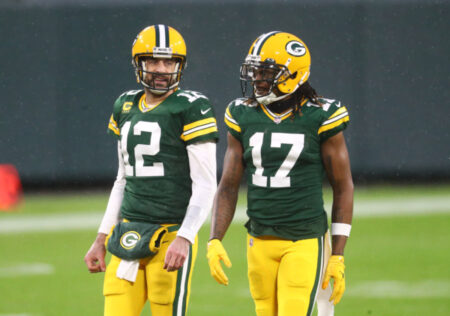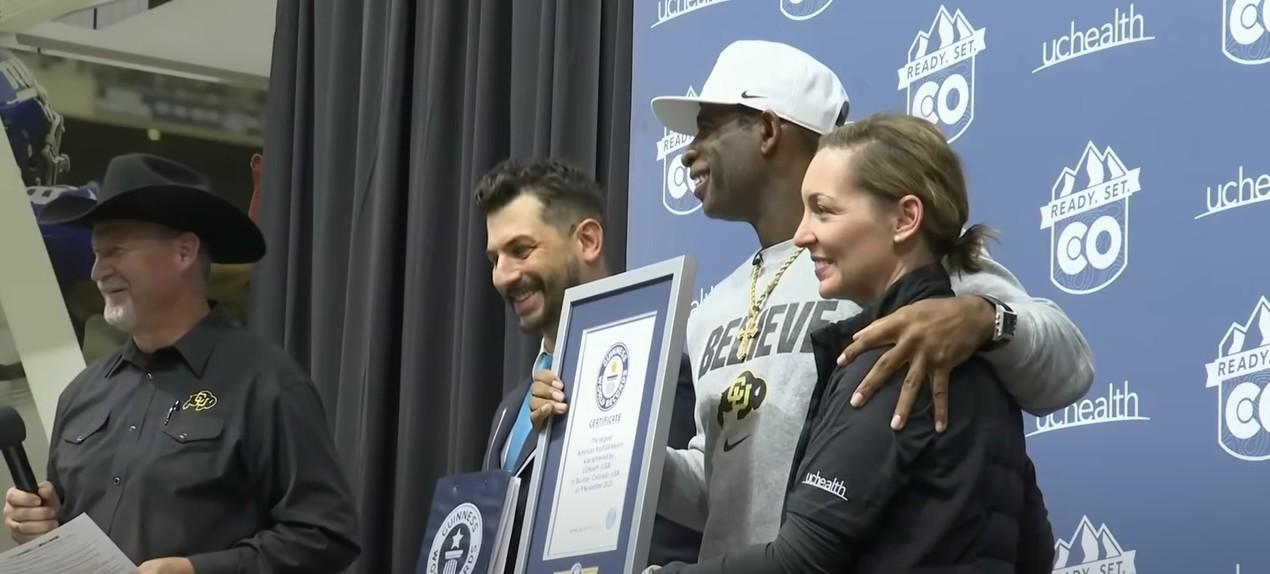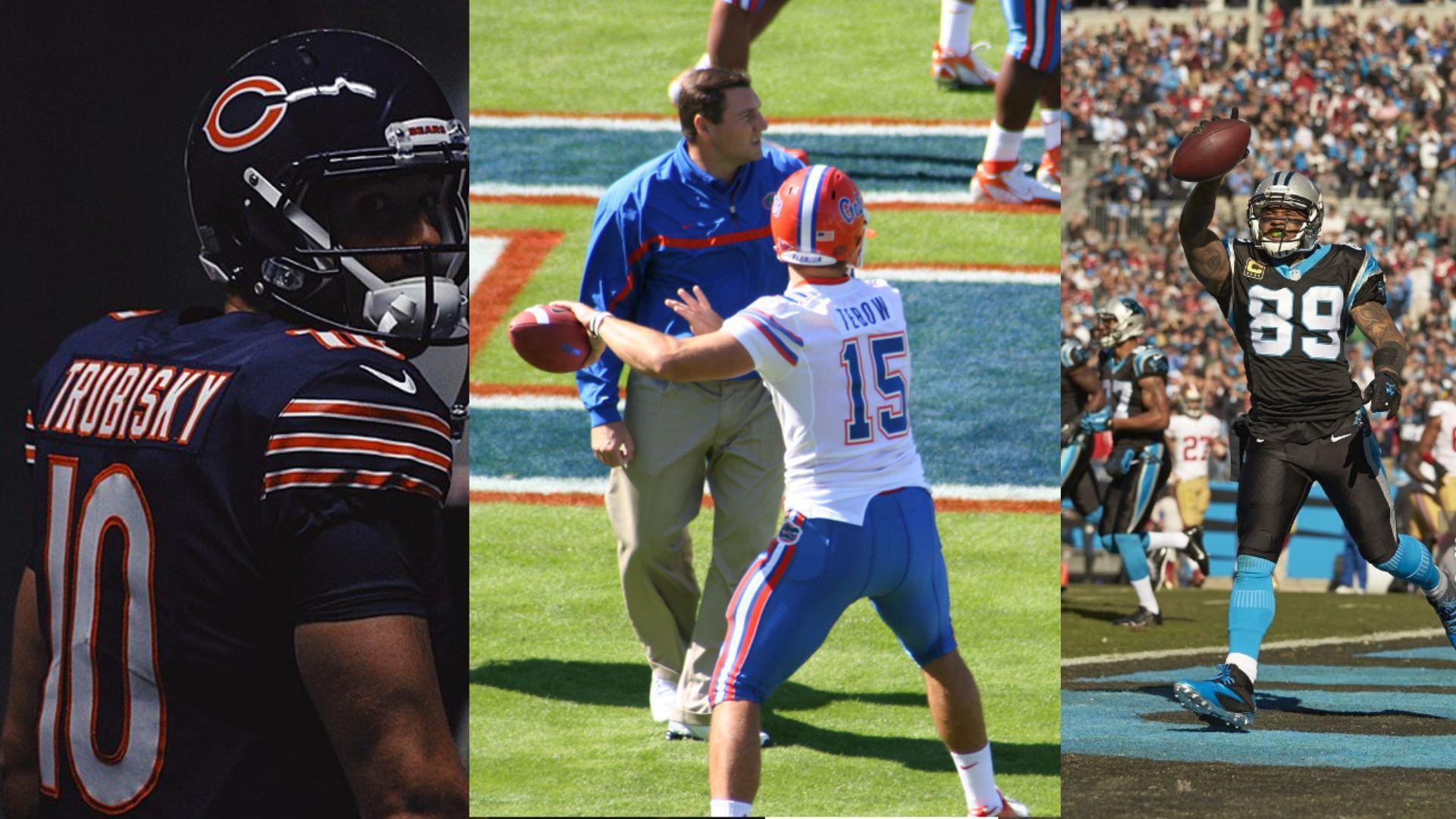During Super Bowl LVIII, one pivotal moment sparked intense debate: the overtime coin toss. The San Francisco 49ers, led by coach Kyle Shanahan, opted to take the ball first, a decision that led to their defeat against the Kansas City Chiefs. But was this choice really the deciding factor in their Super Bowl loss?
As the coin spun in the air, anticipation filled the stadium. The 49ers’ captain, Fred Warner, correctly called “tails,” granting his team possession to start overtime. It was a moment that would set the stage for the final act of the game. However, as the events unfolded, it became clear that Shanahan’s decision to receive was not the optimal strategy.
The Chiefs, with their explosive offense led by Patrick Mahomes, were prepared for either scenario. Head coach Andy Reid had meticulously planned for this moment, opting to kick, trusting his defense to make a stand. As the 49ers marched onto the field, the pressure was on to capitalize on their opening possession.
Despite their valiant efforts, the 49ers only managed a field goal. This left the door open for Mahomes and the Chiefs, who seized the opportunity with a surging drive, culminating in a game-winning touchdown. The decision to receive had placed the 49ers on the back foot, allowing the Chiefs to dictate the overtime pace.
In hindsight, should Shanahan have opted to kick and rely on his defense? The new postseason rules, implemented in 2022, ensured that both teams would have possession in overtime—a change inspired by past playoff games where star quarterbacks never had the chance to touch the ball. Shanahan’s strategy, however, was focused on securing the ball for a potential sudden-death scenario.
But the gamble didn’t pay off. Despite the 49ers’ efforts to advance down the field, they fell short of reaching the end zone—a missed opportunity that would haunt Shanahan and his team as they watched Mahomes execute the game-winning drive.
An analysis following the aftermath of the Super Bowl brought revelations about the preparation levels between the two teams. While the Chiefs had extensively discussed and rehearsed their overtime strategy, the 49ers were caught off guard by the nuances of postseason rules. This lack of awareness force multiplied the impact of Shanahan’s decision.
This likely brought Shanahan a moment of introspection amidst the sting of defeat. As the weight of missed opportunities and critical indecision settles in, he’ll undoubtedly reflect on the coin toss and its implications. In a game where the lens of playback and analysis magnifies every choice, the decision to receive in overtime will last as a defining moment in his career.
While Shanahan’s decision may have seemed logical at the time, this Super Bowl moment stands as a testament to the importance of being able to combine strategic foresight, preparation, and flexibility. As the dust settles and the season comes to a close, the lessons learned from this critical coin toss will resonate within the 49ers organization for years to come.






